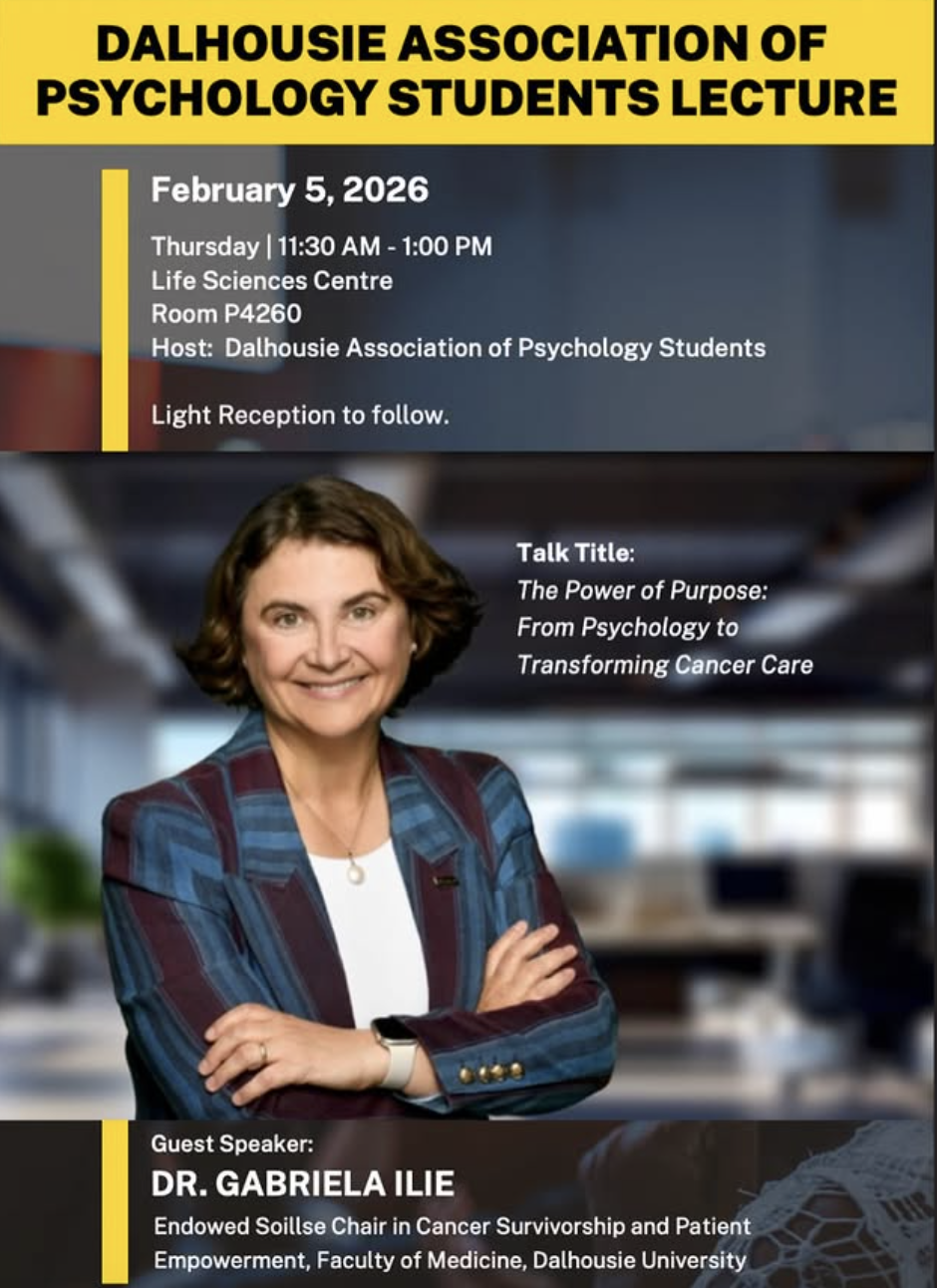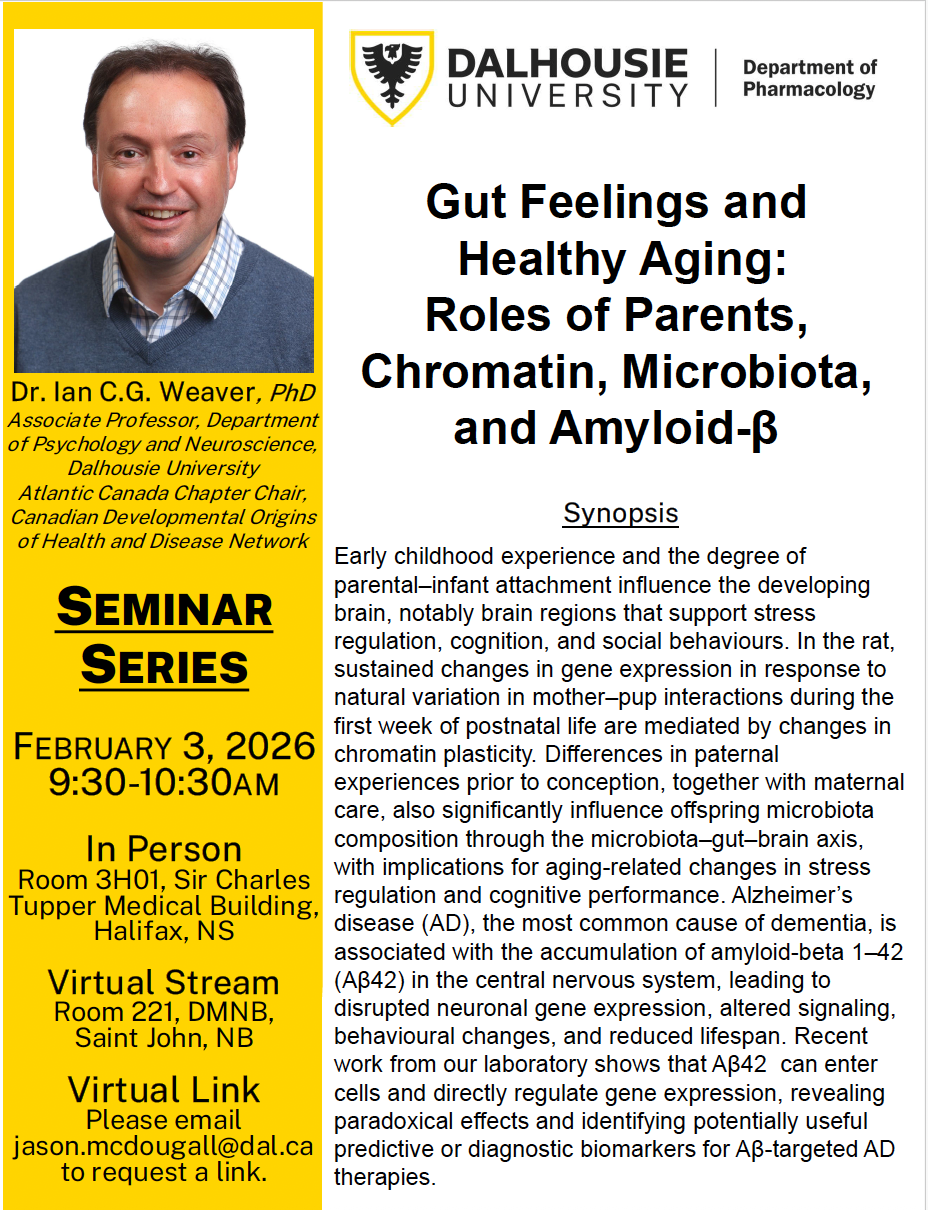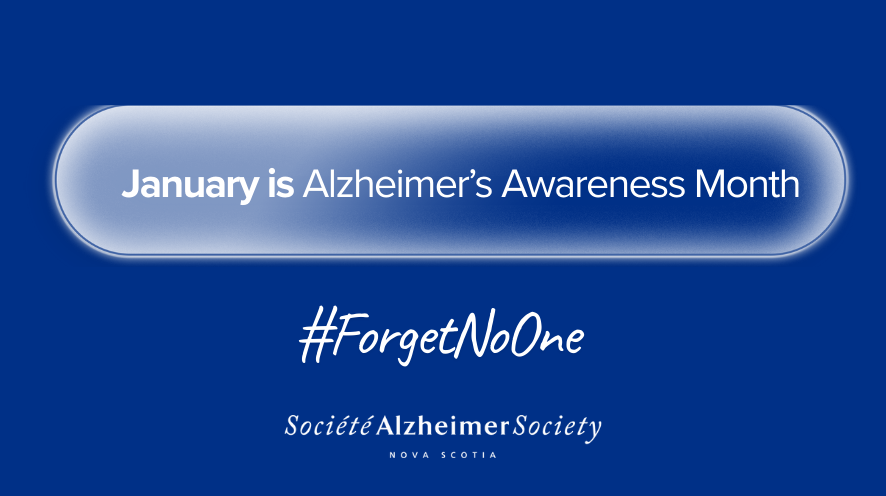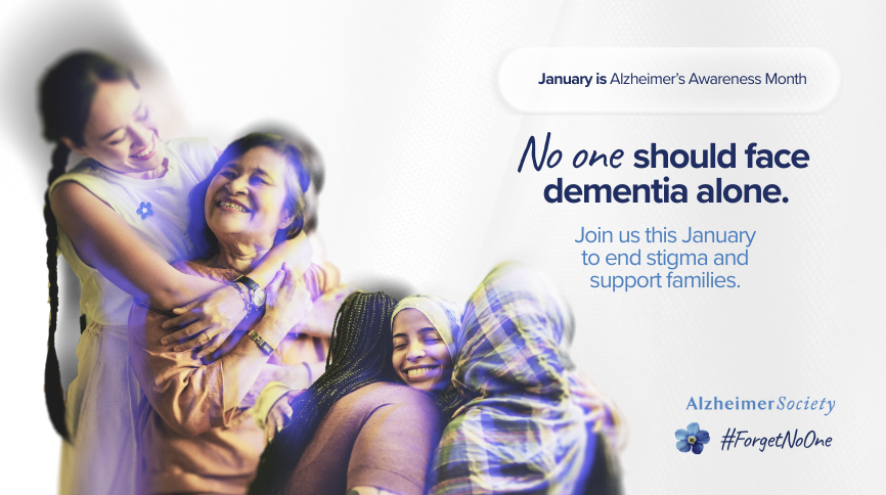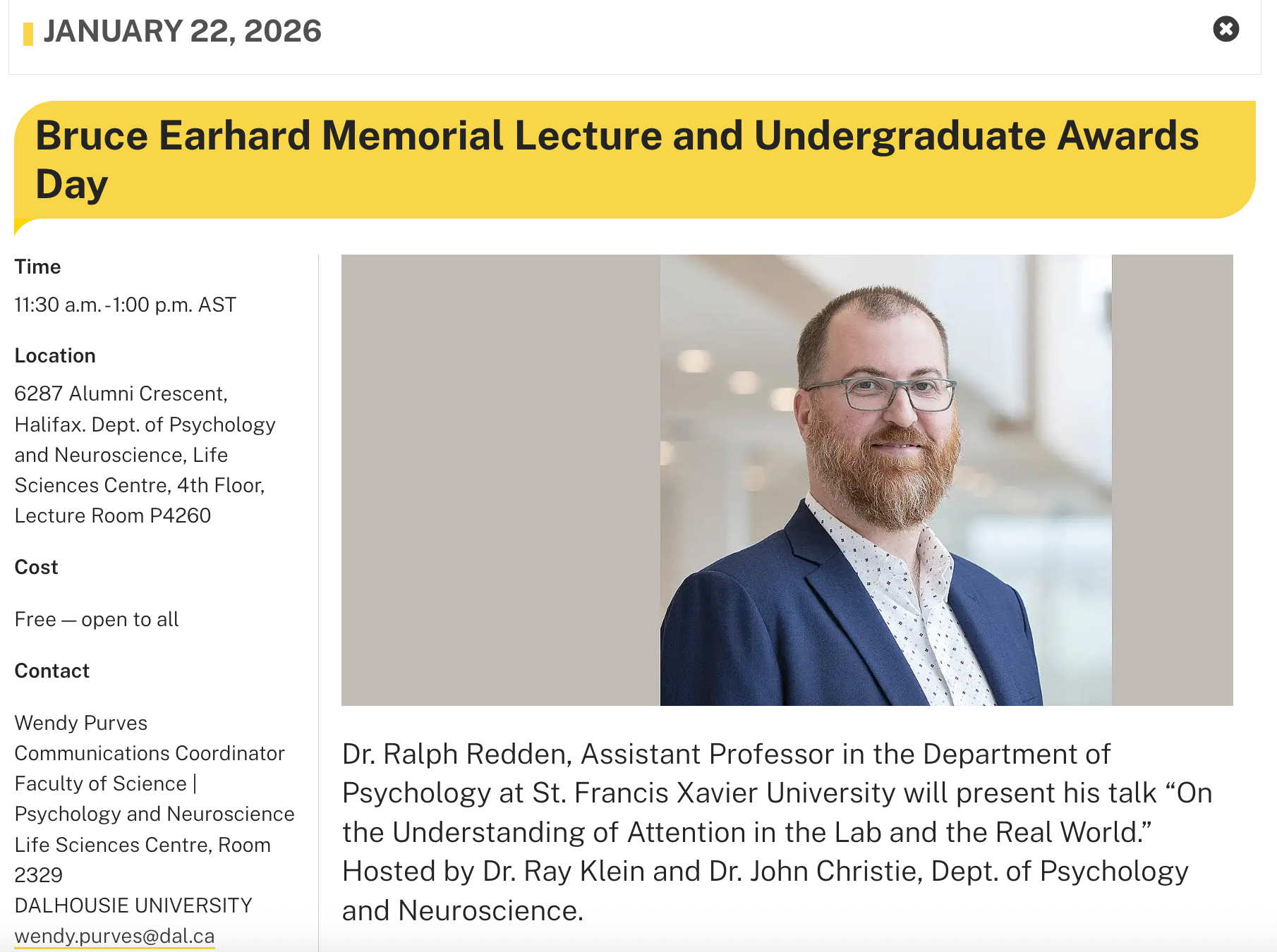
BRC Roadshow
The BRC Roadshow will be in Sydney, Cape Breton on Tuesday Feb 17th (rescheduled from Feb 12th due to weather).
For more info on what the Roadshow is all about, visit our BRC Roadshow page

BRC Roadshow
The BRC Roadshow will be in Pugwash on Wednesday Feb 18th.
For more info on what the Roadshow is all about, visit our BRC Roadshow page

Biochemistry and Molecular Biology Seminar
Seminar Series: Biochemistry and Molecular Biology Seminar
Dr. Ronie Haro
Postdoctoral Fellow (Archibald Laboratory), Department of Biochemistry & Molecular Biology, Dalhousie University
Monday February 23, 2026
2:30 PM - 3:30 PM
Location
Theatre A and Room 102 DMNB

BRC Roadshow
The BRC Roadshow will be in Yarmouth on Wednesday Feb 25th.
For more info on what the Roadshow is all about, visit our BRC Roadshow page


BRC Roadshow
The BRC Roadshow will be in Dartmouth at Woodlawn High School Wednesday Mar 4th.
For more info on what the Roadshow is all about, visit our BRC Roadshow page

CROSSROADS Interdisciplinary Conference
Highlighting the importance of inclusive, sustainable health solutions responsive to real-world needs. With a focus on the transformative power of partnership and community engagement, with contributions from students, researchers, and health practitioners, championing local voices, cross-sector collaborations, and creating equitable health outcomes in Canada and beyond.
Details at https://dalcrossroads.com/
Dates: Friday, March 13th – Saturday, March 14th 2026
Venue: Dalhousie University Student Union Building (DSU), 6136 University Avenue, Halifax, NS, Canada B3H 4R2

Brain Awareness week 2026
Brain Awareness Week 2026 is taking place from March 16-22
Check out:
www.hfxbaw.org/ for activities in Halifax
dana.org/brain-awareness-week/ for more general info
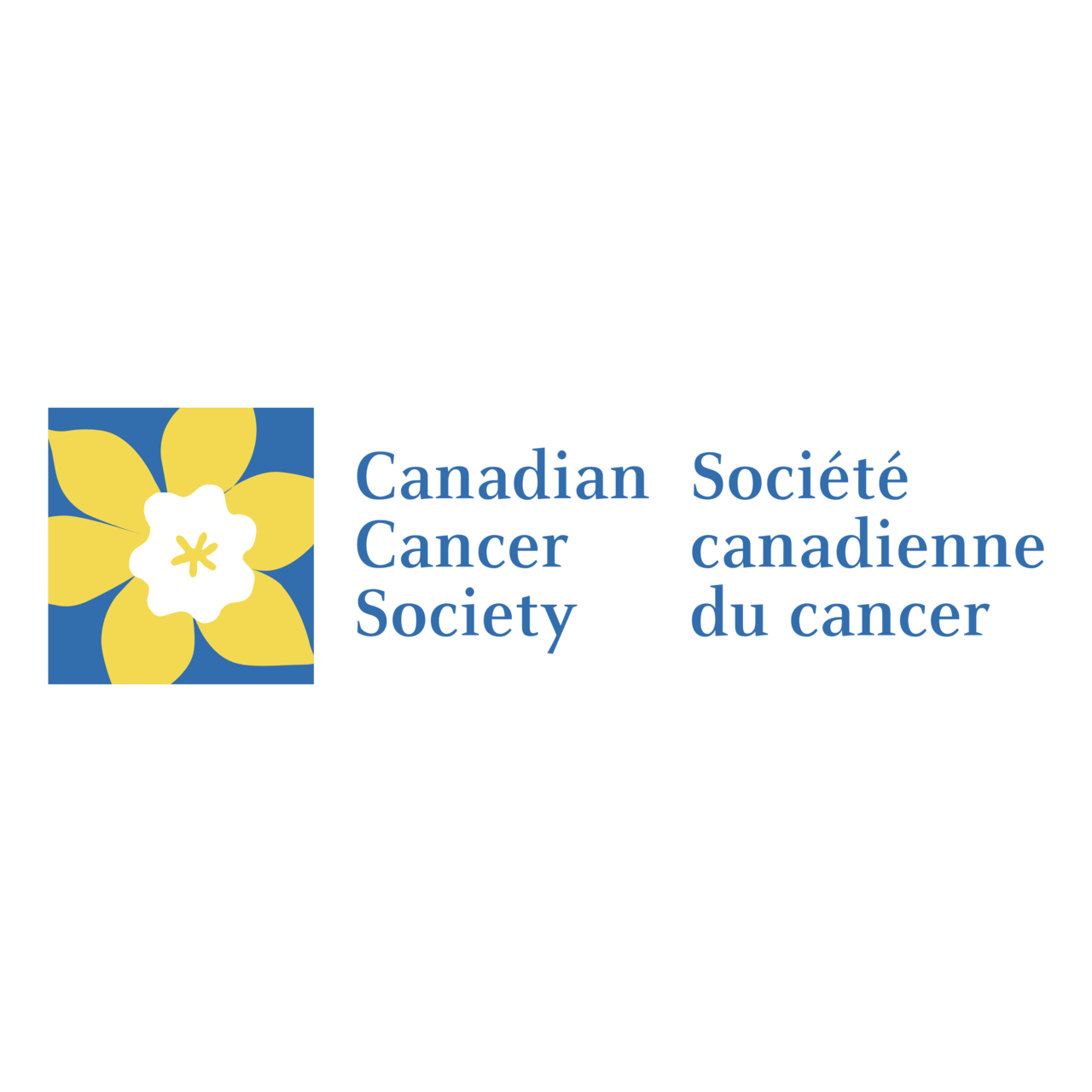
Daffodil Day
Every spring, people across Canada come together during Daffodil Month to transform the lives of people affected by cancer. The resilient daffodil is a symbol of renewal, optimism and hope.
The Canadian Cancer Society’s work doesn’t stop when Daffodil Month ends. Every single day, your support gives hope to people living with cancer, and their loved ones.
For more info, see https://cancer.ca/en/ways-to-give/daffodil

BHCRI Annual Cancer Research Conference
Cancer Research Conference in Halifax, Nova Scotia
April 30 2026 - May 01 2026
The Beatrice Hunter Cancer Research Institute are excited to invite you to our 2026 Cancer Research Conference in Halifax, Nova Scotia, taking place on April 30 – May 1, 2026!
This 1.5-day event will bring together leading researchers, trainees, and partners from across Atlantic Canada for insightful sessions, presentations, and discussions on the latest in cancer research.
Event Details:
📅 Thursday, April 30, 2026 – Full day of sessions and presentations
📅 Friday, May 1, 2026 – Half-day program
Contact admin@bhcri.ca


Canadian Neuroscience Meeting
Call for poster presentations:
November 12, 2025January 25, 2026
Meeting registration (early-bird rate):
January 15, 2026 - March 3, 2026
Meeting registration (regular rate):
March 4, 2026 - April 29, 2026
Meeting registration (late, on-site):
April 30, 2026 - May 21, 2026

Children's Healthcare Canada
Join us in Calgary #ChildHealthCan2026
Tomorrow’s Promise, Today’s Plan: Transforming Children's Healthcare in Canada
This year’s conference theme reflects a bold commitment to shaping a healthier future for children across Canada starting with the actions we take today.
Join leaders, innovators, clinicians, researchers, and families as we explore transformative ideas and practical strategies to advance child health. Together, we’ll share insights, challenge the status quo, and build the blueprint for tomorrow’s care, grounded in equity, innovation, and collaboration.
Information & registration at: https://event.fourwaves.com/childhealthcan2026/pages
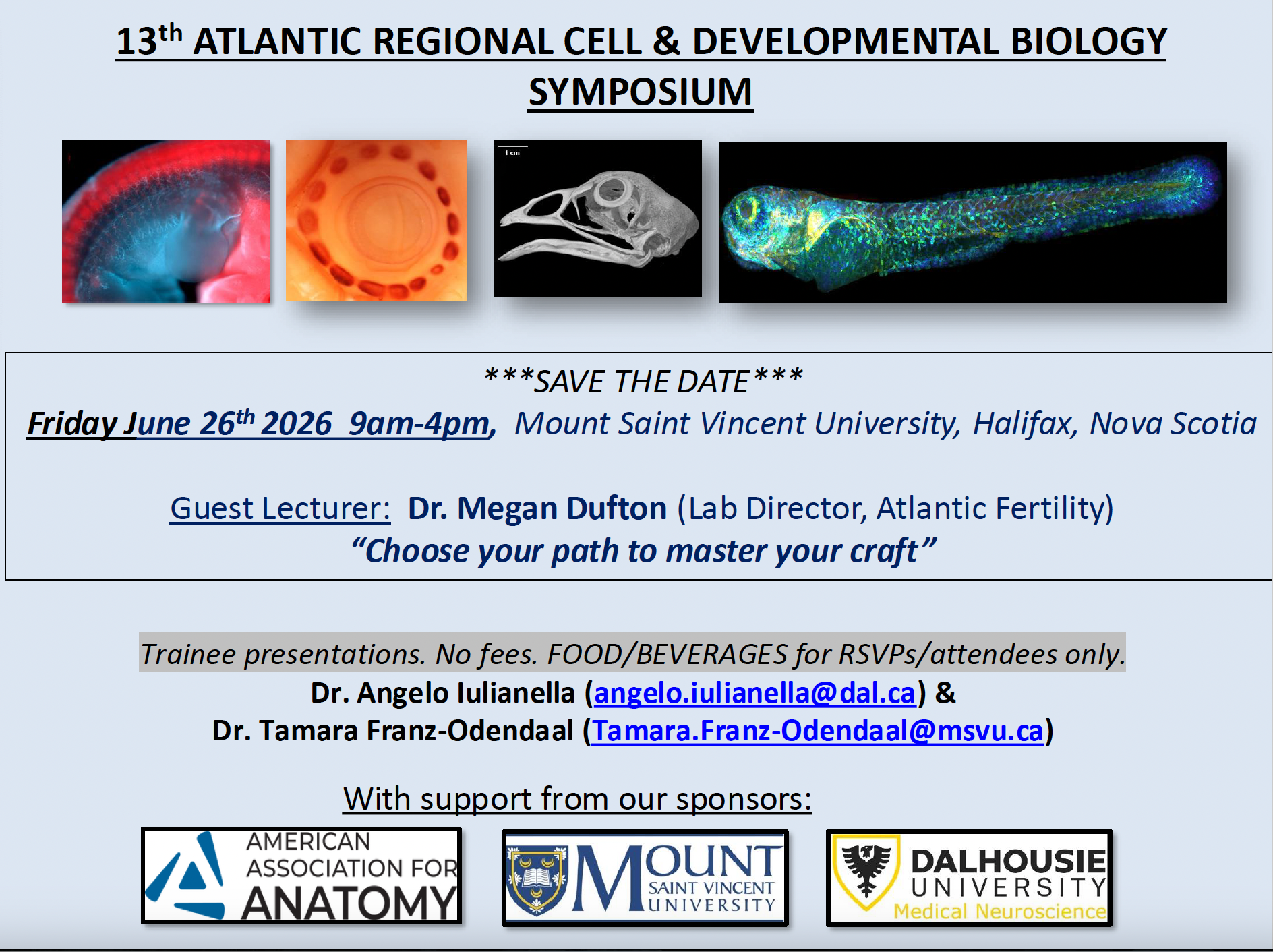

SfN - Society for Neuroscience Annual Meeting
Save the Date
Society for Neuroscience (SfN) annual meeting is taking place November 14–18 in Washington, D.C.
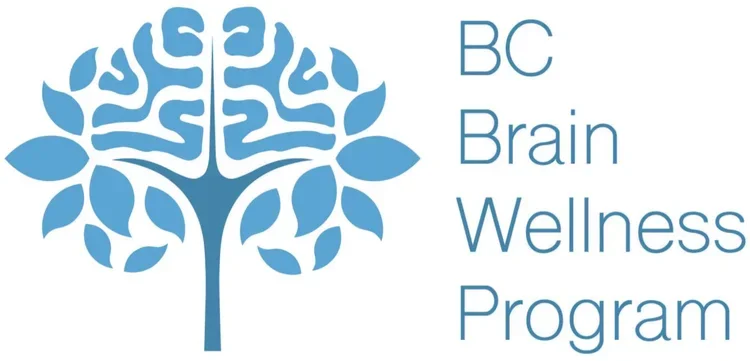
MedTalks (UBC)
MedTalks: Think Well, Live Well – Brain Health for Life
Wednesday, February 11th, from 12 PM to 1:30 PM PST (via Zoom)
Keeping our minds strong, sharp, and active as we age involves all of our bodily systems. In this webinar, participants will learn what the latest research and social systems reveal when experts from medicine, nursing, dentistry, nutrition, and psychology share their insights into brain health and aging. Discover how you can support and improve your cognitive well-being for lasting mental vibrancy and lifelong vitality. Register below!
International Day of Women and Girls in Science
International Day of Women and Girls in Science
Celebrates the role of women and girls in STEM and promotes gender equality in science and technology.
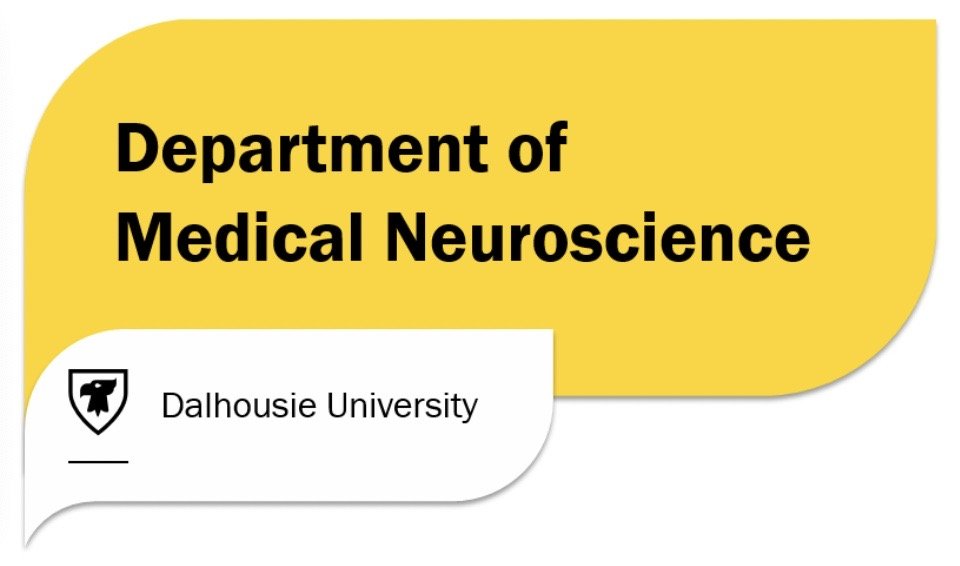
Medical Neuroscience Seminar
Title: Age-Related Decline in Postural Stability: Investigating the Influence of Proprioception
Speaker: Kenzie MacKinnon, PhD Student, Department of Medical Neuroscience, Dalhousie University
Date: Tuesday, February, 10th, 2026
Time: 11:30 am - 12:30 pm
Location: Tupper 3H-1 [IN-PERSON meeting]
Description: In the aging population, fall related injuries costs the Canadian health millions of dollars annually. This is due to an increased locomotor instability with age. One of the contributing factors to this age-related instability is a decline in proprioceptive sensation in the legs. My project is exploring if this phenomena is apparent in the aging mouse. I am looking at how stability changes when proprioceptive information is acutely ablated from reaching the spinal cord at multiple ages and how that is reflected in kinematic derived measures for stability.

Biochemistry and Molecular Biology Seminar
Seminar Series: Biochemistry and Molecular Biology Seminar
Dr. Adam Johnston
Associate Professor, Department of Medical Neuroscience, Dalhousie University. Profile
Monday February 9, 2026
2:30 PM - 3:30 PM
Location
Theatre A and Room 102 DMNB
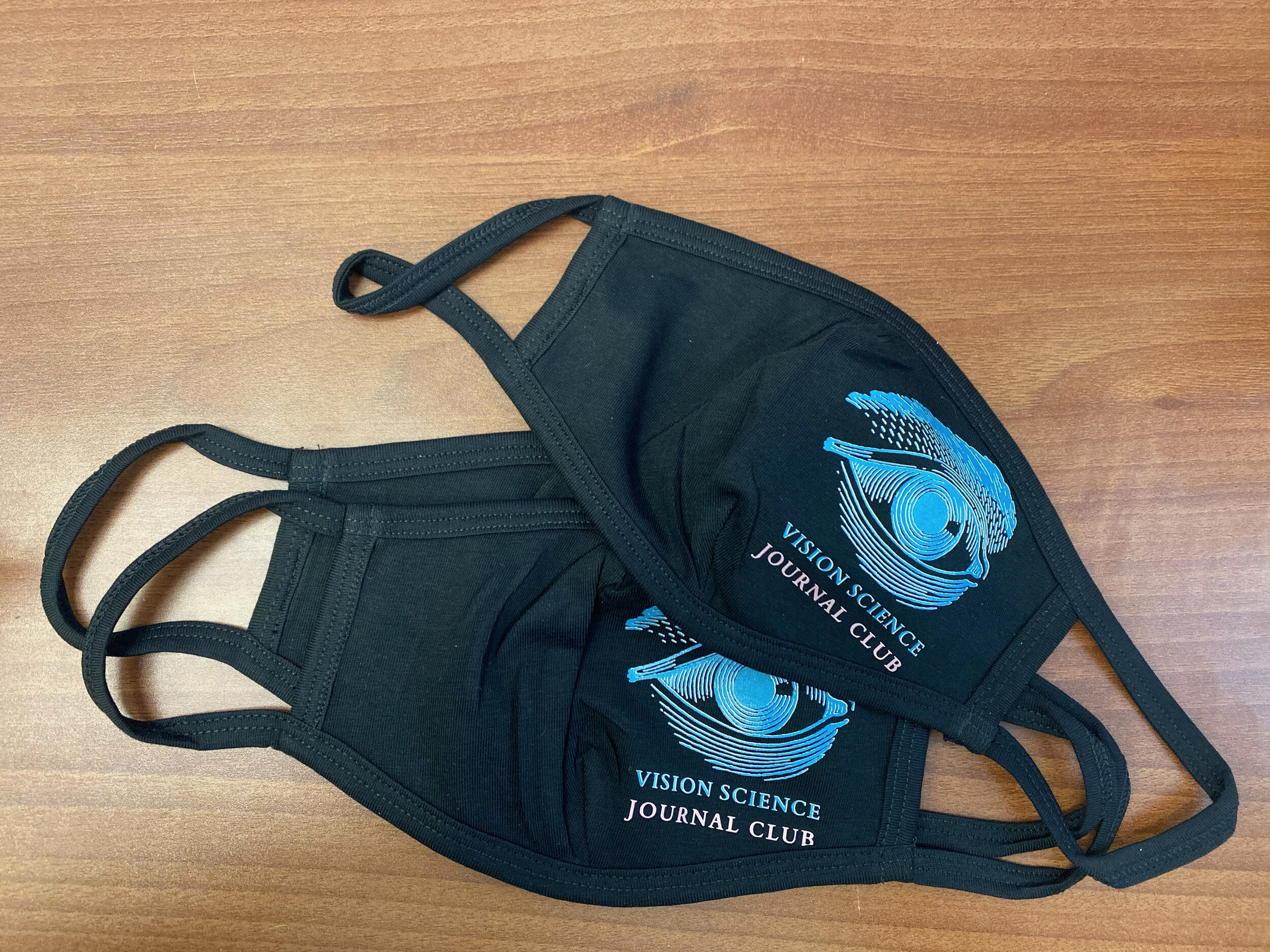
Journal Club: Vision Science
Topic: Photoreceptor degeneration has heterogeneous effects on functional retinal ganglion cell types
Author(s): Nadine Dyszkant, Jonathan Oesterle, Yongrong Qiu, Merle Harrer, Timm Schubert, Dominic Gonschorek and Thomas Euler
DOI: doi/10.1113/JP287643
Presented by: Dr Melina Agosto
Location: G36, Tupper Building (beside MedIT office)
Contact/RSVP: Delaney
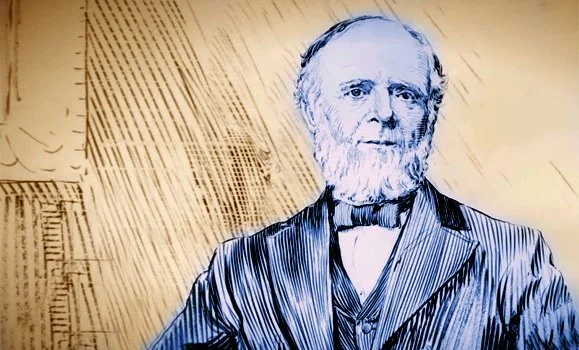
Munro Day
In celebration of George Munro - Dalhousie's 'Great Benefactor', the first Friday of February is a holiday at Dalhousie - a much-appreciated mid-winter break for students, staff, and faculty.
Read more about George Munro here

DAPS Lecture
Learn about Dr. Ilie’s work in transformative cancer care, as well as her inspiring career and personal story!
🎤 Dr. Gabriela Ilie
📍 Life Science Center (LSC) room P4620
📆 February 5th
⏰ 11:30am - 1:00pm

Medical Neuroscience Seminar
Title: Imaging Signatures of Seizures vs. Epilepsy: Distinguishing Acute and Chronic Network Alterations in Humans
Speaker: Dr. Theodor Rüber, MD, Head of the Translational Neuroimaging Group at the Department of Epileptology, Bonn University, Germany
Date: Tuesday, February, 3rd, 2026
Time: 11:30 am - 12:30 pm
Location: Tupper 3H-1 [IN-PERSON meeting]
Description: TBV

Pharmacology Seminar Series
Title: Gut Feelings and Healthy Aging: Roles of Parents, Chromatin, Microbiota, and Amyloid-β"
Speaker: Dr. Ian Weaver
Date/Time: Tuesday, February 3, 2026, at 9:30am

Dalhousie - Horrocks National Leadership Lecture 2026
Discover how Dungeons & Dragons transformed one school’s sense of community and student wellbeing. Join UK librarian and author Lucas Maxwell (MLIS’07) for an inspiring talk on storytelling, inclusion, and the power of play in education.
Abstract: Lucas Maxwell has been running Dungeons & Dragons in the high school library he manages in London, UK, for over seven years. During that time he’s observed and written about the mental health benefits the game has had for both students and staff alike.
After speaking to a wide variety of mental health professionals in both the UK and North America, it became clear that the game has therapeutic benefits that not only create a sense of community in and around the school, but also builds important social and interpersonal skills.
It also helps struggling students engage with reading and creativity and has helped Maxwell with his own wellbeing and mental health. In this presentation, Maxwell will discuss how he started the game with only five student players and how it blossomed into a school-wide phenomenon that led to his students developing D&D sessions for neurodivergent youth in literary festivals around London and in one of the largest libraries in the world.
Speaker Bio: Originally from Nova Scotia, Canada, Lucas Maxwell grew up on Nintendo, comic books and Dungeons & Dragons. He has been working in libraries for over fifteen years and is passionate about providing safe and welcoming library spaces for everyone.
In 2017 he was named the UK’s School Librarian of the Year and in 2024 he was awarded a British Empire Medal (BEM) for his services to libraries. His debut Young Adult novel, A Million Tiny Missiles All At Once, will be published by Chicken House Books in April 2026. He is proud to be a neurodivergent writer and grateful to be adding his voice to the world of literature. He currently resides in the UK with his amazing family and Biscuit the chocolate lab.
Learn more about the Dalhousie Horrocks National Leadership Fund
Consider donating to the fund and supporting future student leaders in information

Biochemistry and Molecular Biology Seminar
Seminar Series: Biochemistry and Molecular Biology Seminar
Dr. Yan Lu
Assistant Professor, Metabolic Medicine Center, Zhejiang University. Profile
A fresh look on butyrate in immunometabolism - Gut Derived Butyrate reprograms macrophage metabolism to establish lipid droplet-mediated immune tolerance
Monday February 2, 2026
2:30 PM - 3:30 PM
Location
Theatre A and Room 102 DMNB

Alzheimer's Awareness Month
January is Alzheimer's Awareness Month
This month is Alzheimer’s Awareness Month, a time to learn more about dementia and reduce the stigma that surrounds it. Many Canadians worry about Alzheimer’s disease or other dementias, yet fear and uncertainty often stop people from seeking information or support.
This year’s Forget No One campaign encourages open conversations so individuals and families can get support earlier, and no one has to face dementia alone.
Throughout January, Nova Scotians are encouraged to learn more, support dementia-friendly communities, and take part in the National Day of Action on January 28 to raise awareness and show solidarity.
Learn more about Awareness Month on Alzheimer Society’s website here.

18th Annual Brain Injury Conference
Toronto Rehabilitation Institute’s 18th Annual Brain Injury Conference: Controversies and Challenges in Brain Injury
ABOUT THE CONFERENCE:
Toronto Rehab invites you to the 18th Annual Brain Injury Conference, themed Controversies and Challenges in Brain Injury. This one-day event features leading experts Carmela Tartaglia, Jeff Kutcher, Sarah Lidstone, and Abe Snaiderman, along with interactive workshops on post-traumatic headaches, movement disorders, and legal issues in brain injury cases. Join us for insightful presentations, practical strategies, and valuable networking opportunities with peers and sponsors.
KEY DATES:
Registration Opens: September 5, 2025
Early Registration Rates Expire: January 5, 2026
FOR MORE INFORMATION:
Email: conferences@uhn.ca
Website: https://events.myconferencesuite.com/BrainInjury2026

Alzheimer Day of Action
Alzheimer Society Day of Action
Join Alzheimer Society on Wednesday, January 28, 2026 to show your support and combat stigma by sharing messages of support and engaging in dialogue around dementia. Be sure to use the hashtag #ForgetNoOne and tag @alzheimerns.
Together, we can replace silence with support and stigma with hope, ensuring no one faces dementia alone today and a future without dementia tomorrow.

Medical Neuroscience Seminar
Speaker: Kenzie MacKinnon, PhD Student, Department of Medical Neuroscience, Dalhousie University
Date: Tuesday, January, 27th, 2026
Time: 11:30am - 12:30pm
Location: Tupper 3H-1 [IN-PERSON meeting]
Description:

Pharmacology Seminar
Join the Department of Pharmacology, at 9:30-10:30am on Tuesday, January 27, 2026, to attend Dr. Melissa O'Brien's seminar on 'Studying Circuits and Sex: ? A Translational Approach to Understand Migraine.'
Seminar Synopsis: Migraine is a common neurological disorder that affects approximately 15% of the global population and 25% of reproductive-aged women. Importantly, clear sex-differences exist in migraine whereby both prevalence and intensity are greater in females. Recently research has also identified sex-specific responses to migraine treatments. While sex hormones, such as estrogen, have been shown to contribute to some of these differences, a deeper understanding of migraine circuitry and neuroendocrine involvement in migraine is required. This seminar will focus on how translational research can be used to improve our understanding of migraine pathophysiology and identify novel pharmacological targets for its treatment.
Contact for virtual link: Dr. Jason McDougall
jason.mcadougall@dal.ca
Seminar Coordinator
Department of Pharmacology

Biochemistry and Molecular Biology Seminar
Seminar Series: Biochemistry and Molecular Biology Seminar
Dr. Jessica Garb
Associate Professor, Department of Biological Science, University of Massachusetts Lowell. Profile
Spider silk proteins through an evolutionary lens: diverse biomaterial opportunities
Monday January 26, 2026
2:30 PM - 3:30 PM
Location
Theatre A and Room 102 DMNB

Graduate and Professional Program Fair
The Graduate & Professional Program Fair is your opportunity to explore graduate study at Dalhousie and start shaping your next step. Open to current students from any university, working professionals, and anyone interested in learning more about graduate studies at Dal, the Fair brings together faculty, advisors, and current students to help you explore a wide range of programs and pathways.
Whether you’re finishing your undergrad, recently graduated, or building your career, you’ll get practical guidance on applications, funding, and career outcomes in a welcoming, low-pressure environment. Attend in person or join virtually to ask questions, make connections, and find a graduate path that fits where you want to go next.
Audience
Alumni, Current students, Faculty and staff, International students, Open to the public, Prospective students


SfN - Call for Session Proposals
On behalf of the Society for Neuroscience (SfN), we invite you to submit a session proposal for Neuroscience 2026, taking place November 14–18 in Washington, D.C.
SfN is committed to fostering a rich intellectual community where neuroscience researchers can thrive, exchange ideas, and share their latest discoveries. Our program at Neuroscience 2025 was a strong reflection of these values, and we aim to build on that success in 2026.
To expand participation and enhance accessibility, we encourage neuroscientists from all backgrounds and career stages to submit a proposal for a Neuroscience 2026 session or event by Wednesday, January 21, 5 p.m. EST.
The success of the annual meeting lies in the range of perspectives and experiences represented. As we look forward to Neuroscience 2026, the Program Committee and Professional Development Committee are keen to provide programming and professional development activities that resonate across the neuroscience community. Our goal is to ensure that all neuroscientists feel connected to one another and to the excitement of scientific discovery.
We hope you will consider contributing to this dynamic program and helping advance the field of neuroscience.
If you have any questions, please reach out to us at program@sfn.org.

Journal Club: ABI
Topic: Overview on rehabilitation research trends from the World Stroke Congress, held in Barcelona, October 2025.
Authors: n/a
DOI: n/a
Presented by: Fola Akpan, Physiotherapist with the ESSD team and research coordinator with Nova Scotia Health.
Location/Platform: Teams
Contact ABINetwork@nshealth.ca for link or more information

Treating Comorbidity & MS Specific Outcomes
Community Health and Epidemiology’s Seminar Series
January 8th features Dr. Ruth Ann Marrie.
Can we improve disease-specific outcomes in multiple sclerosis by treating comorbidity?
Synopsis: Many attempts to predict outcomes in multiple sclerosis (MS) have focused on the characteristics at presentation, such as relapse localization or age at symptom onset, however these factors have only limited predicted value. Other characteristics of the individual, such as socioeconomic status, race and ethnicity, genetic factors, health behaviors and comorbid conditions also influence outcomes.
Physical and psychiatric comorbid conditions are common in people with multiple sclerosis (MS) from the time of MS symptom onset and increase in prevalence with age and disease duration. Depression, anxiety disorders, hypertension and hyperlipidemia are among the most prevalent conditions affecting people with MS, and are associated with adverse outcomes. This raises the question as to whether targeting comorbidities could be a novel strategy to improve MS-specific outcomes.
Bio: Ruth Ann Marrie is a Professor of Medicine and Community Health and Epidemiology at Dalhousie University. She received her undergraduate degree in chemistry and her medical degree from Dalhousie University, both with Distinction. She completed neurology training at McGill University. This was followed by a fellowship in Multiple Sclerosis at the Cleveland Clinic, supported by a Sylvia Lawry Physician Fellowship Award from the National Multiple Sclerosis Society.
Subsequently, she obtained a PhD in Epidemiology from Case Western Reserve University. Presently, she serves as the Vice Chair of the Scientific Steering Committee for the International Progressive MS Alliance. She is the former Chair of the Medical Advisory Committee for MS Canada, former Chair of the International Advisory Committee on Clinical Trials in MS and a Fellow of the Canadian Academy of Health Sciences. In 2023 she was awarded the Barancik Prize for Innovation in Multiple Sclerosis Research. Her research aims to understand the influence of comorbid diseases on a range of multiple sclerosis (MS)-related health outcomes. Other areas of research interest include etiologic factors for MS, patient-reported outcomes, and prodromal MS.
Contact che@dal.ca

Journal Club: Vision Science
Topic: Molecular mechanism establishing the OFF pathway in vision
Author(s): Florentina Soto , Chin-I Lin, Andrew Jo1, Ssu-Yu Chou, Ellen G. Harding, Philip A. Ruzycki, Gail K. Seabold, Ronald S. Petralia & Daniel Kerschensteiner
DOI: doi.org/10.1038/s41467-025-59046-0
Presented by: Robyn McGowan
Location: TBC
Contact/RSVP: Delaney

Alzheimer's Awareness Month (Copy)
January is Alzheimer's Awareness Month
This month is Alzheimer’s Awareness Month, a time to learn more about dementia and reduce the stigma that surrounds it. Many Canadians worry about Alzheimer’s disease or other dementias, yet fear and uncertainty often stop people from seeking information or support.
This year’s Forget No One campaign encourages open conversations so individuals and families can get support earlier, and no one has to face dementia alone.
Throughout January, Nova Scotians are encouraged to learn more, support dementia-friendly communities, and take part in the National Day of Action on January 28 to raise awareness and show solidarity.
Learn more about Awareness Month on Alzheimer Society’s website here.

Office Closure for Holidays
The BRC offices will be closed for the holidays, reopening on January 6th.

KWANZAA
HAPPY KWANZAA!
Kwanzaa is a holiday that celebrates African-American culture and heritage. It was created in 1966 by Dr. Maulana Karenga and is celebrated every year from December 26th to January 1st.



Medical Neuroscience Seminar
Title: Ontogeny of the spinal cord dorsal horn
Speaker: Dr R. Brian Roome, Ph.D, Postdoctoral Fellow at National Institutes of Health Postdoctoral fellow at Institut de Recherches Cliniques de Montréal, McGill University
Date: Tuesday, December 9, 2025
Time: 11:30am - 12:30pm
Location: 3H-01 Tupper Building
Abstract: “The dorsal horn of the mammalian spinal cord is organized into laminae where each layer is populated by different neuron types, has unique circuit connections, and plays specialized roles in behavior. An outstanding question is how this organization emerges during development from an apparently homogeneous pool of neural progenitors. Here, we show that dorsal neurons are
diversified by time, with families of related cell types born as temporal cohorts, and by a spatial-molecular gradient that specifies individual cell types. Excitatory neurons settle into a chronotopic arrangement that transforms their progressive birthdates into anatomical order and is required to establish proper laminae. We identified essential ontogenetic principles that shape dorsal progenitors into the diverse cell types and structure that subserve sensorimotor function.”

BIANS Holiday Gathering
BIANS Holiday Gathering ☃️❄️
BIANS is excited to invite you and your whole family to our Holiday Party on December 5th from 6:00 PM to 9:00 PM at the Discovery Centre!
Enjoy a fun, welcoming evening with:
Delicious snacks
A low sensory environment designed for comfort
Exciting games and activities
Fantastic prizes to be won
Best of all — this event is completely FREE!
Bring your loved ones and celebrate the season with us in a relaxed, inclusive space where everyone can have fun and feel supported.
We can’t wait to see you there!





